‘Uglies‘ is a science fiction adventure movie that follows a girl named Tally Youngblood, who lives in a dystopian society where beauty is everything. At the age of 16, kids have to undergo cosmetic surgery to become beautiful and leave behind their previous existence. However, as Tally’s day of operation gets close, she begins suspecting that not everything is as it seems with the Pretties. After discovering secrets about her society and the manipulation seeded by the higher powers, Tally has to find a way to escape the rigid conventions.
Based on Scott Westerfeld’s 2005 eponymous novel, the Netflix movie delves into a dark world where extreme beauty standards have become a way to keep the people in check and enforce a sinister regime. As people fall prey to their inner insecurities, a tale of rebellion and fighting against orthodoxy comes to the fore. The McG directorial alights upon themes of societal control, identity, mass deception, and an obsession with unrealistic beauty standards. Therefore, the following films similar to ‘Uglies’ dive into the horrors of a world fixated on commodifying human attributes and the cruelties of a misleading regime that treats its people like cattle.
10. Equals (2015)
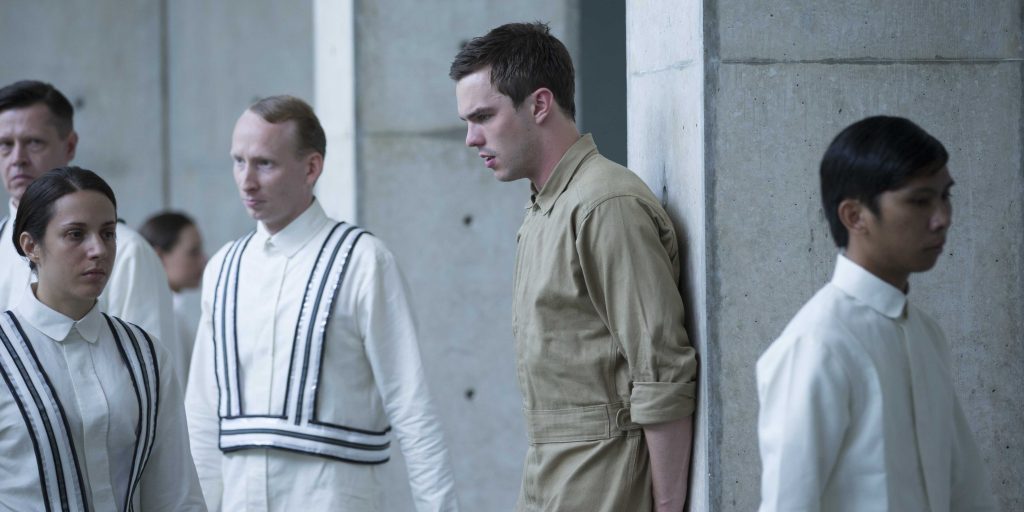
‘Equals’ follows Nia and Silas, two individuals in a dystopian world where emotions have been completely eradicated. When both of them begin experiencing feelings for one another, their relationship puts them at great risk against the authoritarian regime governing their society. Directed by Drake Doremus, ‘Equals’ leaps upon a similar situation as presented in ‘Uglies’ where invasive medical treatments change people’s psychological and physical makeup, altering their state of mind. In both worlds, an individual’s right to freedom is downplayed as the characters fight against the norm to cling to their uniqueness, hoping to exert a claim for self-expression over uniformity.
9. The Giver (2014)
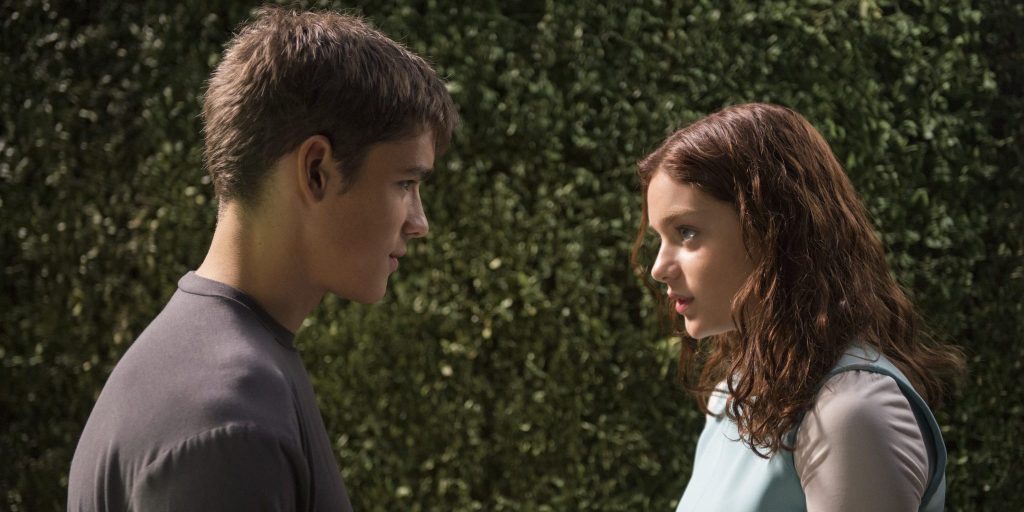
Helmed by Phillip Noyce, the dystopian drama, ‘The Giver‘ is set in a society where emotions and memories have been dampened to maintain a sense of harmony among people. When Jonas, a young man, is chosen to be the Receiver of Memory, a post that allows him access to humanity’s collective memory and past, he withdraws from his society’s ideals as doubts creep in about the cost of their seemingly utopian lifestyle.
Adapted from the pages of Lois Lowry’s eponymous 1993 young adult novel, ‘The Giver’ alights upons themes of mass manipulation, enforced peace, deception, and biological tampering, which are akin to the territories explored by ‘Uglies.’ The protagonists of both tales wonder about their role in the huge churning lie of what is going on around them. As they try to break the shackles of conformity, other challenges surface in the shape of those who believe otherwise.
8. The Neon Demon (2016)
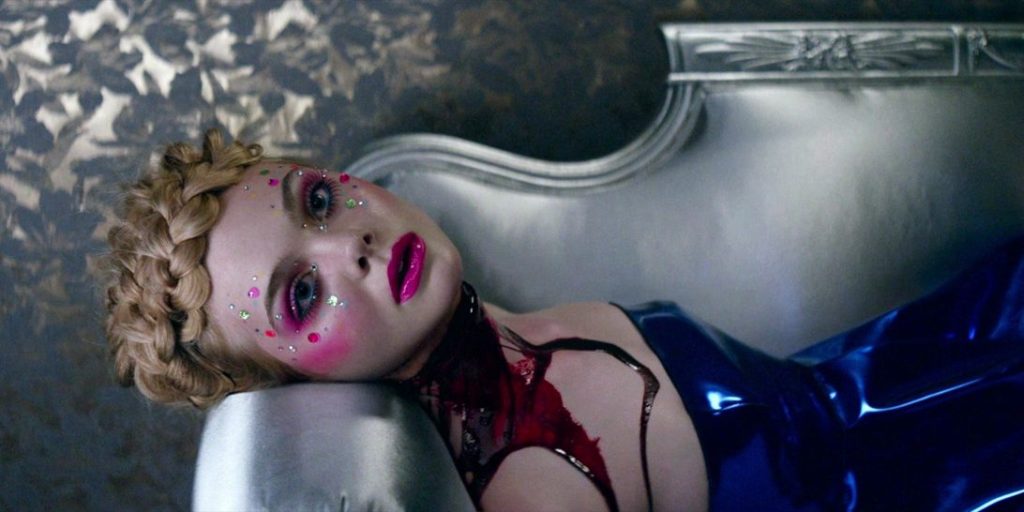
The Nicolas Winding Refn-directed psychological drama, ‘The Neon Demon,‘ follows Jesse, an aspiring model who moves to Los Angeles to make a name for herself. Her otherworldly beauty helps her turn the eyes of everyone in the fashion industry; however, it comes with jeopardy when she becomes the target of envy and sinister intentions. Like ‘Uglies,’ the Elle Fanning-starrer mostly centers on an obsessive culture built around physical looks, facades, and the dangers of the attention it brings. Its surreal and disturbing narrative gets under the skin of its subject matters and unflinchingly portrays the dark, macabre stuff lurking underneath perfection.
7. Level 16 (2018)

Written and directed by Danishka Esterhazy, the science fiction thriller ‘Level 16‘ delves into a world where girls are brought up in authoritarian boarding schools. Forced to live a life according to a set of ideals under the tutelage of the school’s teachers, the girls accept their societal roles under the promise it will bring them freedom. However, Vivien, the fifteen-year-old protagonist, begins unearthing the secrets lurking beneath the foundations of the institution and the real truth behind their existence.
‘Level 16’ parallels the bleak world of ‘Uglies’ in a premise where everything seems rosy on the surface, but much darker and insidious forces play a part in the lives of an unwitting group. The girls are taught to present and behave in a certain way, highlighting the oppressive system that governs their lives, which is akin to the plight of the Uglies and the Pretties. Moreover, the film takes a dive into themes of invasive control, manipulation, deceit, and rebellion against the authoritarian regime that has a stranglehold over everyone.
6. Drop Dead Gorgeous (1999)
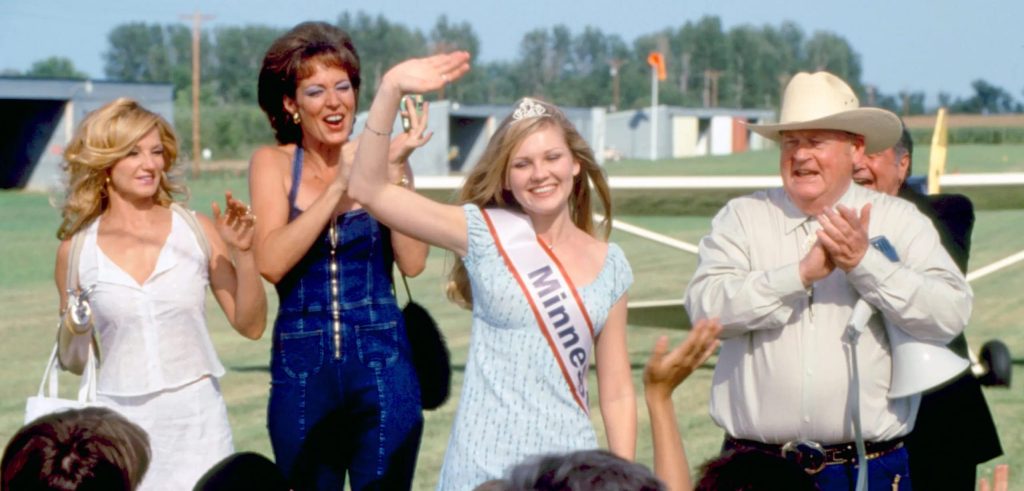
‘Drop Dead Gorgeous’ is a mockumentary centered on a local beauty pageant in a small Minnesota town. The Michael Patrick Jann directorial satirizes the behind-the-scenes antics of the pageant’s participants and the absurdity that comes from competing in an event where beauty takes precedence. Although it veers away from the dystopian roots of the Joey King-starrer, it highlights the toxic nature of wrapping oneself in the comforts of external affirmation, which becomes progressively wilder as the narrative speeds along.
5. Logan’s Run (1976)
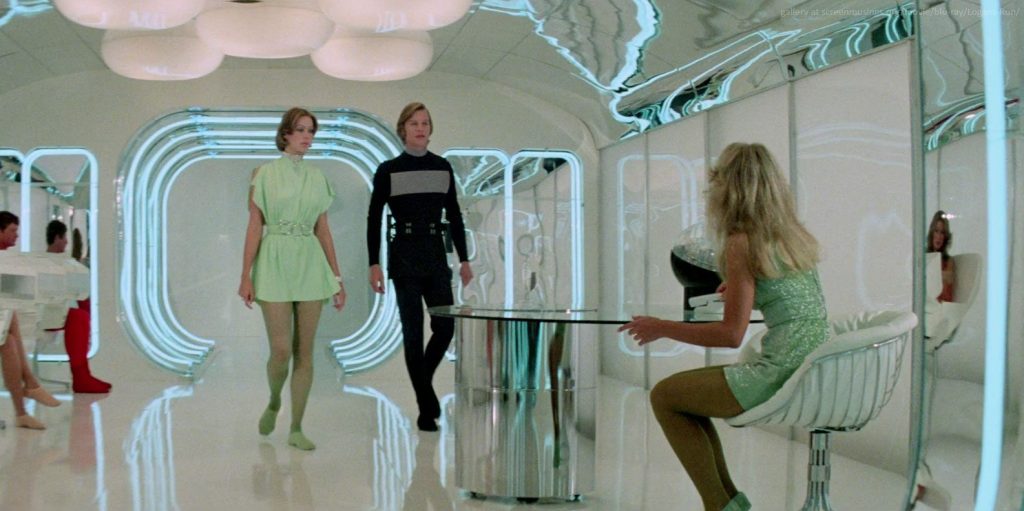
Based on the 1967 eponymous novel by William F. Nolan and George Clayton Johnson, ‘Logan’s Run’ is set in a futuristic world where people have to be euthanized at the age of 30 to maintain the population. The movie follows Logan 5, a Sandman tasked with retiring people once they come of age and hunting those who try to escape. When Logan starts reaching his own 30th birthday, he begins questioning the conventions of his world and tries to escape them by finding the mythical Sanctuary. In a similar fashion to ‘Uglies,’ the Michael Anderson-directed dystopian movie explores a world where invasive regimes have taken over individual rights. The protagonist of both movies start out believing in a lie and soon discover the reality of their situation and the cost it inflicts on keeping up the deception.
4. Paradise (2023)
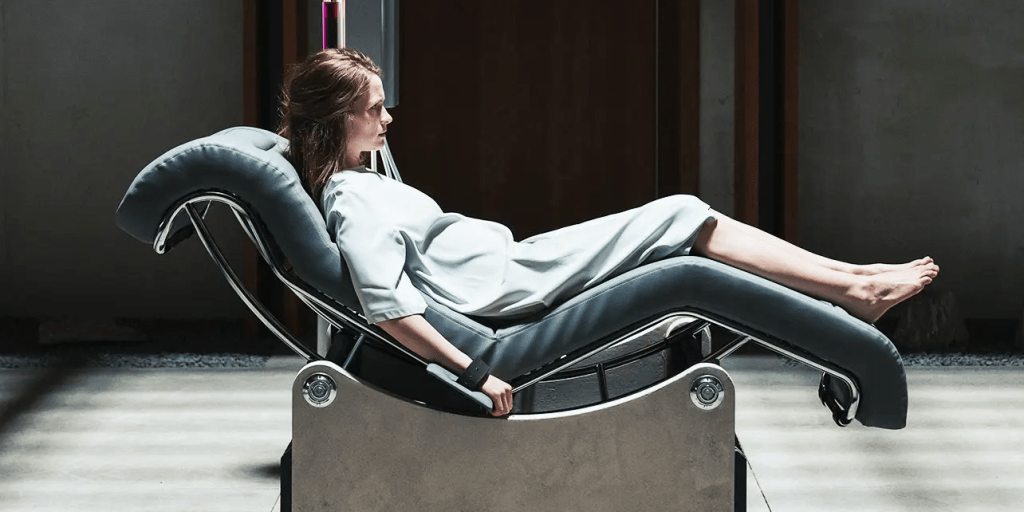
Directed by Boris Kunz, the German science fiction film, ‘Paradise,’ dives into a near-future setting where people have developed the technology to transfer lifespan from one person to another. The movie follows Max, an employee at AEON, a biotech company, whose life is upended when his wife Elena has to give up 40 years of her lifespan as a means to settle a debt. After embarking on a quest to recover her lost years, Max starts uncovering dark secrets about the system.
Just as the dystopian world of ‘Uglies’ commodifies beauty, the world in ‘Paradise’ turns people’s mortal lifespan into a currency of exchange. In both movies, a spotlight is shone upon the invasive nature of playing with people’s lives and their humanity. Despite the advancements in the future, a darker version of it is presented through the protagonist’s struggles against an inhuman regime that turns its population into lab rats for experimentation.
3. THX 1138 (1971)
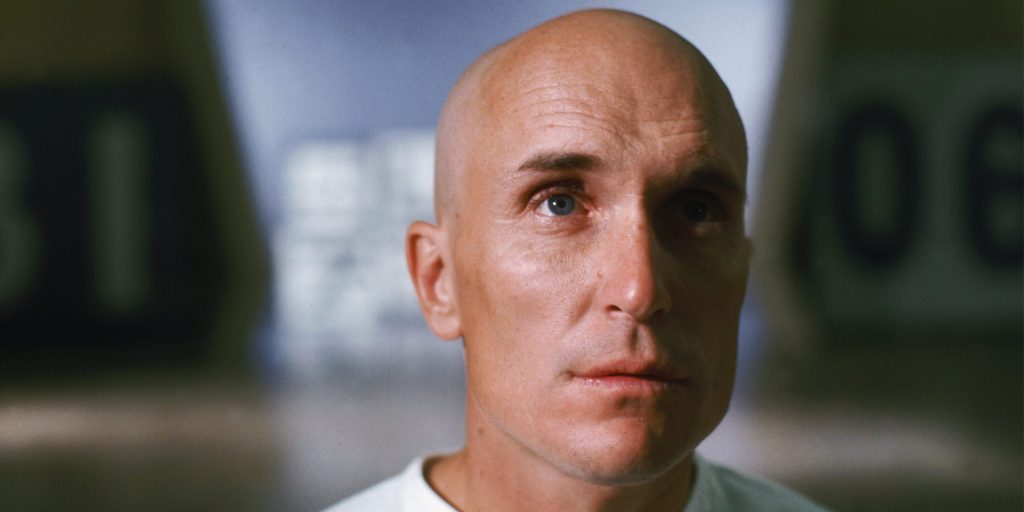
Many years in the future, humanity has retreated to underground settlements where free will is no longer an individual right. Instead, mandatory medication is prescribed to people to remove their ability to express themselves on a personal level. However, when THX 1138 and LUH 3417, two young people in the city, stop taking their meds, they discover the horrifying nature of their reality and also begin falling in love with one another. The dystopian thriller was developed and directed by George Lucas from his 1967 student film ‘Electronic Labyrinth: THX 1138 4EB.’
In ‘THX 1138,’ all manner of self-expression has been banned, including falling in love, which creates a point of contention for the two central characters. The Orwellian fantasy resembles the surreal nature of ‘Uglies,’ and the fascination people have for distinguishing the natural-born Uglies from the Pretties. Questions of morality, ethics, freedom, authoritative regimes, and controlling societies are common across the two stories. As people try to escape their miserable lives, they first have to wake up to their nightmare situation, which takes a while to happen for the protagonists in either story.
2. Never Let Me Go (2010)
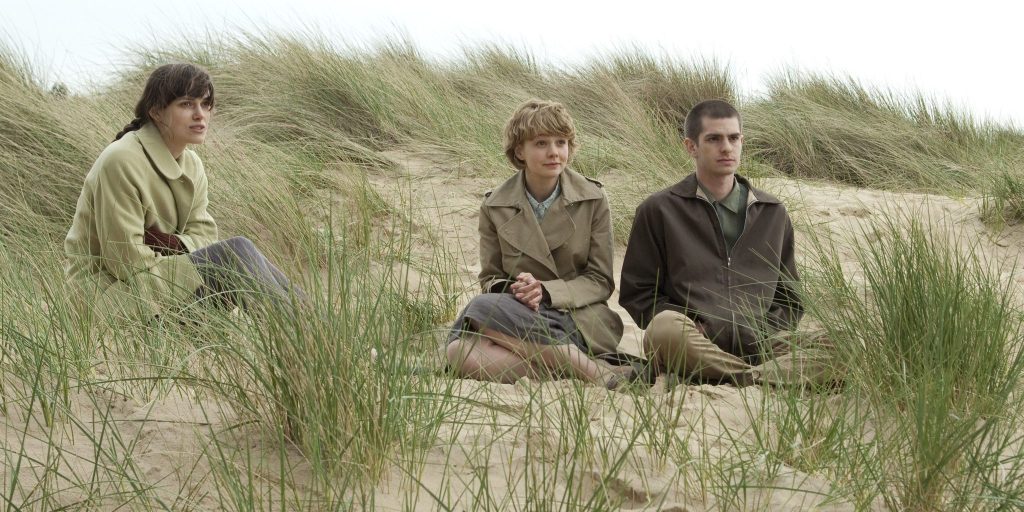
Adapted from the pages of Kazuo Ishiguro’s eponymous novel, ‘Never Let Me Go’ follows three friends – Kathy, Tommy, and Ruth – who grew up together in a boarding school named Hailsham. As the three grow up, the truth behind their dystopian world starts emerging while they navigate the challenges of their youth and the limited time they have with one another. The Mark Romanek directorial is a prescient exploration of the emotional journey of young people in a world that is disturbingly stacked against them. Its soul-crushing regime is reminiscent of ‘Uglies,’ except the characters have to contend with the complexities of not just rebelling against the orthodoxy but also learning to make the most of what they have. At its heart, both films dig into what it means to be human against a society that devalues it.
1. Eyes Without a Face (1960)
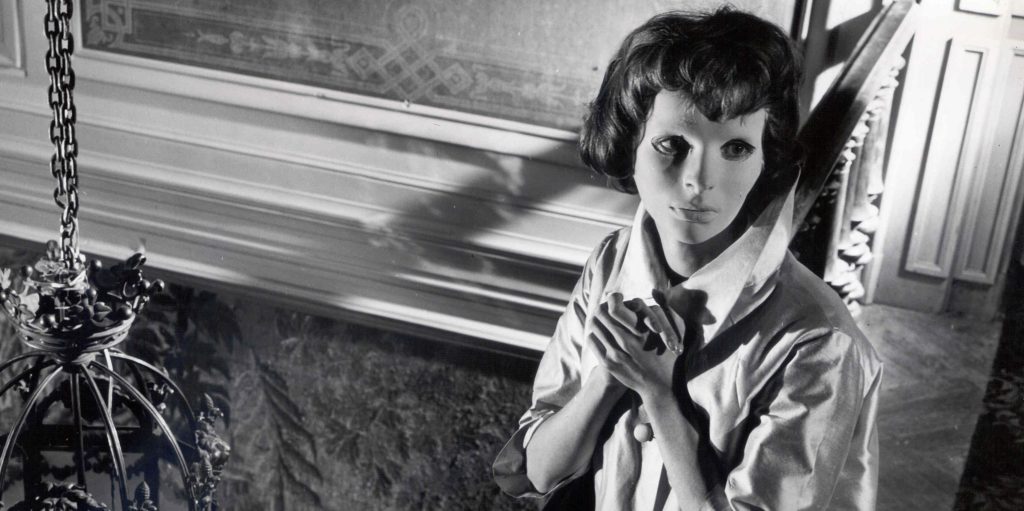
‘Eyes Without a Face’ is a French horror film revolving around an eccentric surgeon named Dr. Génessier. Originally titled ‘Les yeux sans visage,’ the movie follows Génessier’s attempts at restoring the face of his disfigured daughter, Christiane, by kidnapping other young women and transplanting their faces onto her. As the narrative progresses, the doctor becomes more and more desperate in his methods, ultimately causing Christiane to suspect something is wrong with him.
Directed by Georges Franju, the horror thriller captures the chilling nature of exploiting human beings for the betterment of others. While the dystopian regimes of ‘Uglies’ may be a distant concept, “Eyes Without a Face’ presents its own version of a dystopian story where the oppressive hand comes through a twisted father molding his daughter into the perfect being. Both films center on beauty driving people to do terrible things and the moral and ethical complications that come from it.
Read More: Where Was Netflix’s Uglies Filmed?

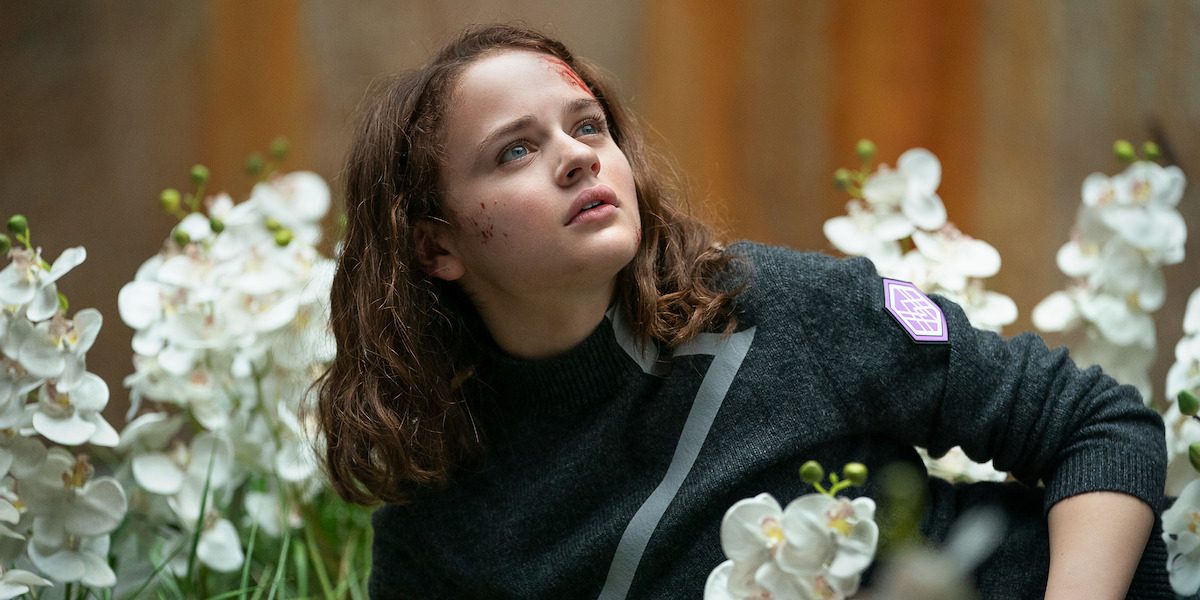
You must be logged in to post a comment.